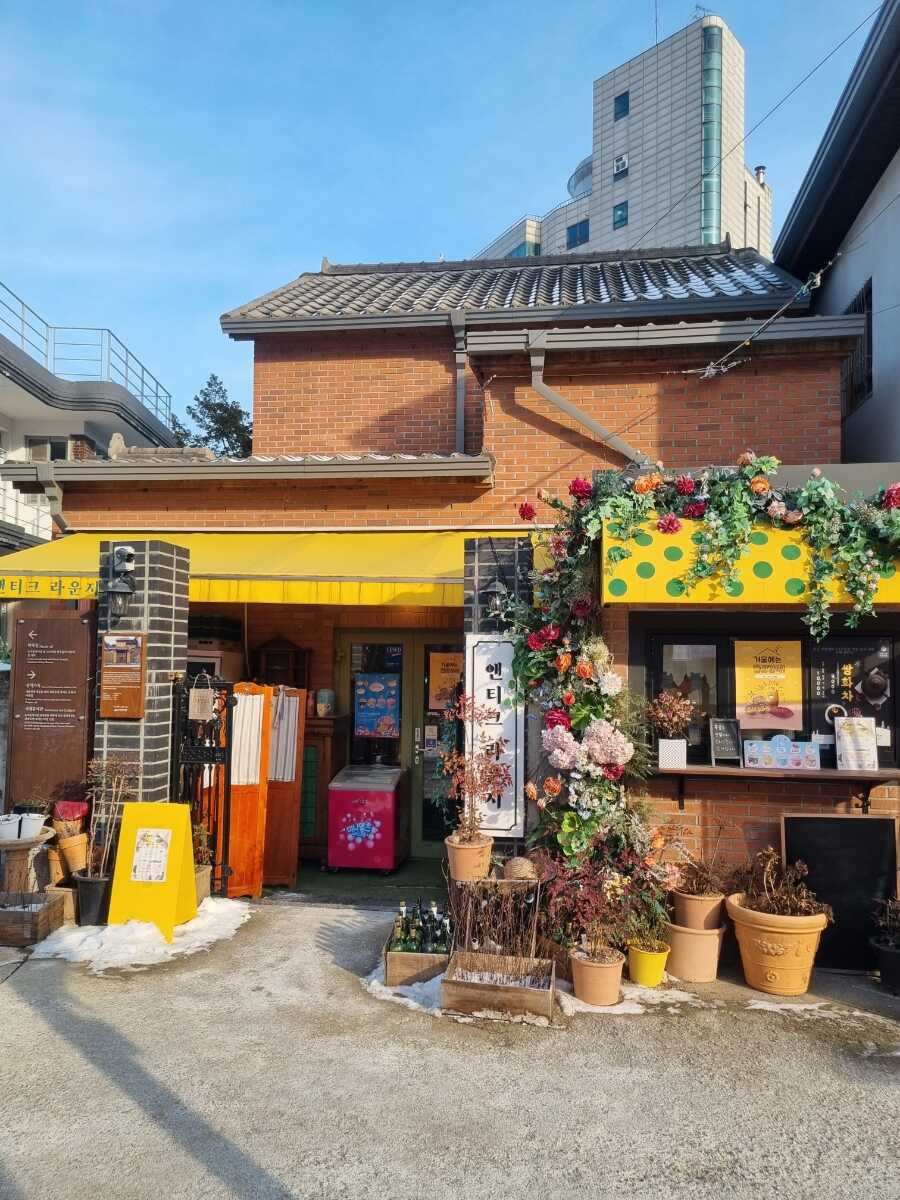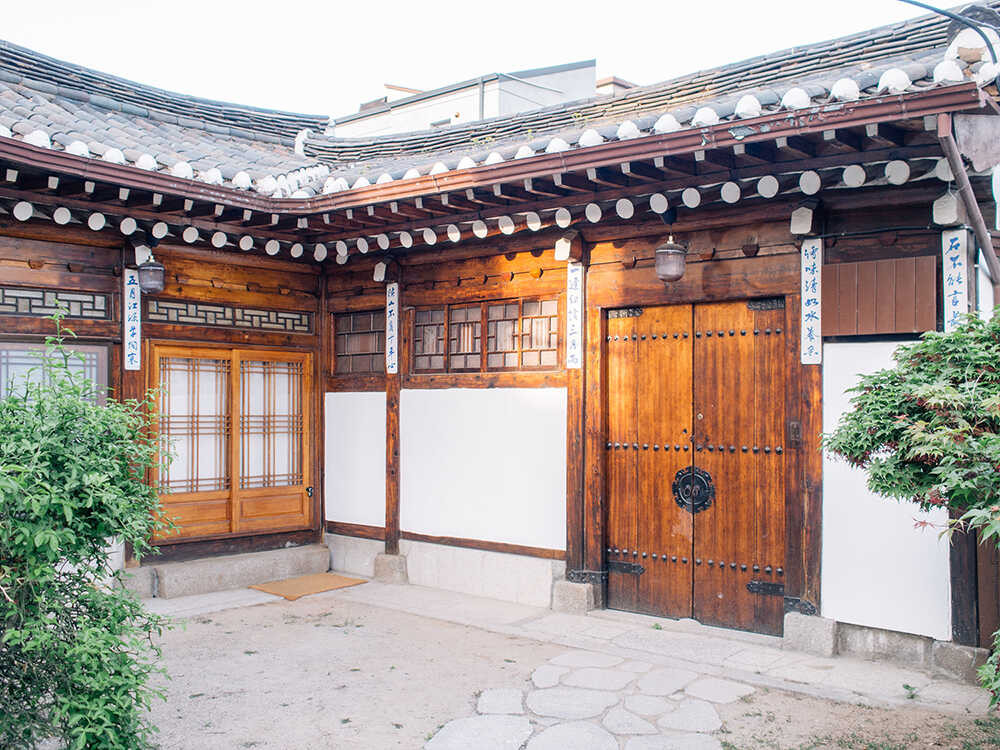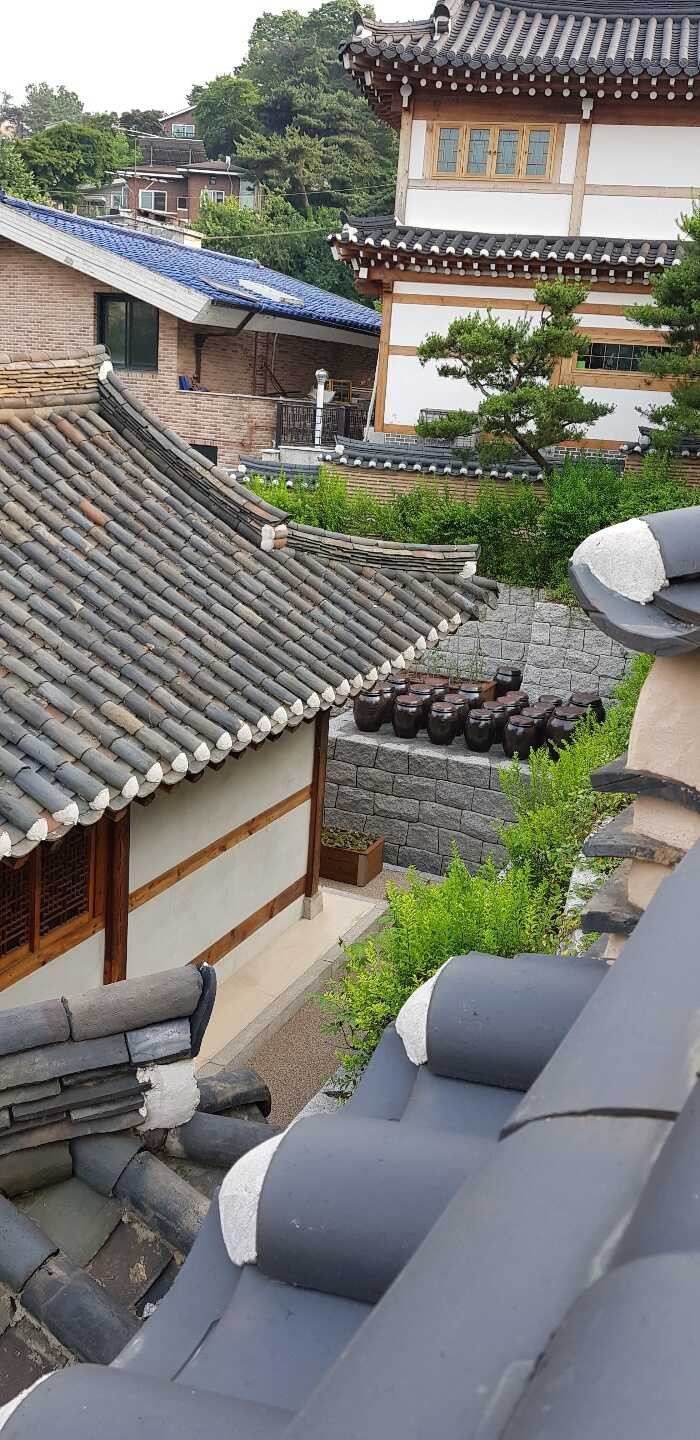Respecting Elders: Embracing Korea's Culture of Reverence

At the heart of South Korea's vibrant culture is a deeply rooted value known as "어른 공경", the culture of respecting elders. This integral aspect of Korean society goes beyond mere manners; it's a heartfelt way of recognizing the wisdom and contributions of those who came before us. As you delve into this fascinating facet of Korean life, you'll not only gain insight into local customs, but also cultivate a deeper appreciation for the cultural tapestry that shapes the nation.

Embracing the Culture of Reverence
Silhouettes of history: Korea's rich history and Confucian heritage have woven a deep respect for elders into the fabric of society. This reverence manifests itself in daily interactions, family relationships, and even the language itself.
Manners in motion: When addressing an older person, the honorific "존댓말" (jondaetmal) is used, which imbues conversations with a sense of respect. In contrast, the use of honorifics in casual conversation is not as common in many Western countries.
Expressions of Esteem: You'll find phrases such as "어머니" (eomeoni) for mother and "아버지" (abeoji) for father used to address not only one's own parents but also someone else's parents as a sign of respect. It's these subtle yet meaningful linguistic gestures that reinforce the reverence.

A Journey of Cultural Understanding:
As a foreigner immersing yourself in Korean culture, embracing the practice of "어른 공경" is a remarkable opportunity to connect with locals on a deeper level. Beyond mere words, your willingness to acknowledge and understand the meaning of this value demonstrates your genuine interest in Korea's traditions.
Apply cultural wisdom:
Imagine strolling through the bustling streets of Seoul and engaging in conversation with the locals. A simple "안녕하세요" (annyeonghaseyo), followed by the use of honorifics such as "씨" (ssi) when addressing someone older, instantly bridges cultural gaps and fosters connections.
Respect in shops and services:
The culture of respecting elders is also evident in general stores and service providers throughout Korea. The use of "jondaetmal" when addressing customers conveys both respect and familiarity, while maintaining a sincere smile and attentiveness to customer needs.

Respect in the workplace:
Even in the workplace, the principles of respecting elders persist in Korean society. "Jondaetmal" (respectful language) is used to convey respect for seniors, and various methods are used to show admiration for hard-working colleagues.
A deeper connection:
By embracing "어른 공경," you'll not only navigate social interactions with grace, but also gain a deep appreciation for Korea's respectful ethos. As you explore the country, this cultural understanding will enhance your experiences, allowing you to engage with locals, build meaningful relationships, and understand the meaning of every bow, honorific, and gesture.
In summary, the culture of respecting elders illuminates the values of kindness, respect, and the virtues of human relationships. Embracing this value allows us to bridge the wisdom of the past and the respect of the present, building a bridge that enriches the future.
Booking.com



